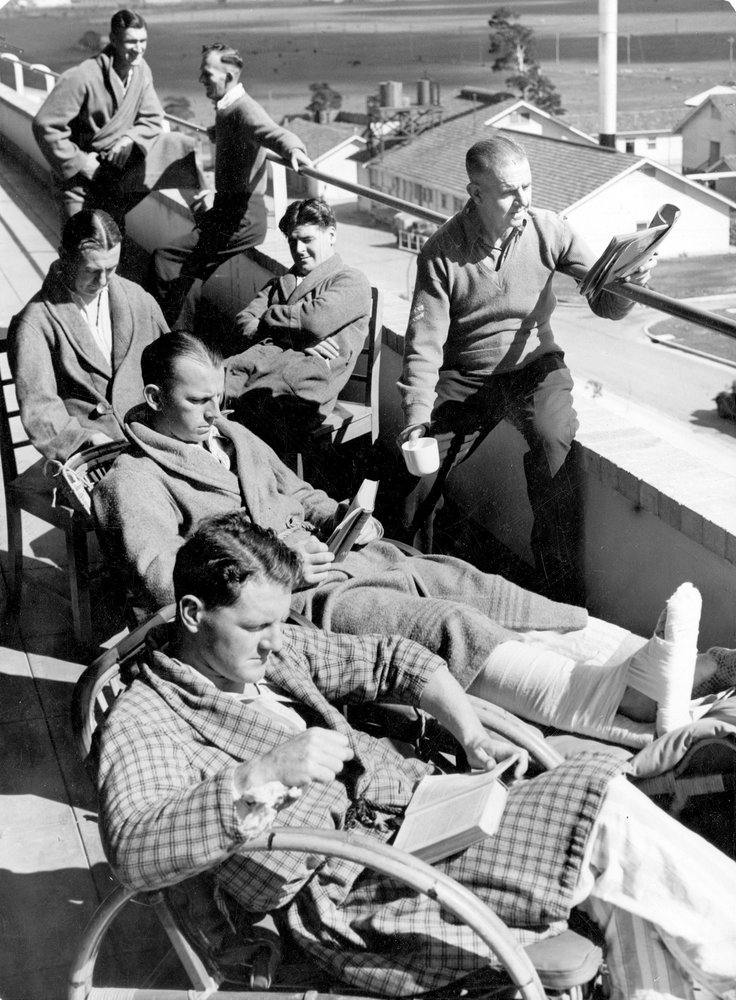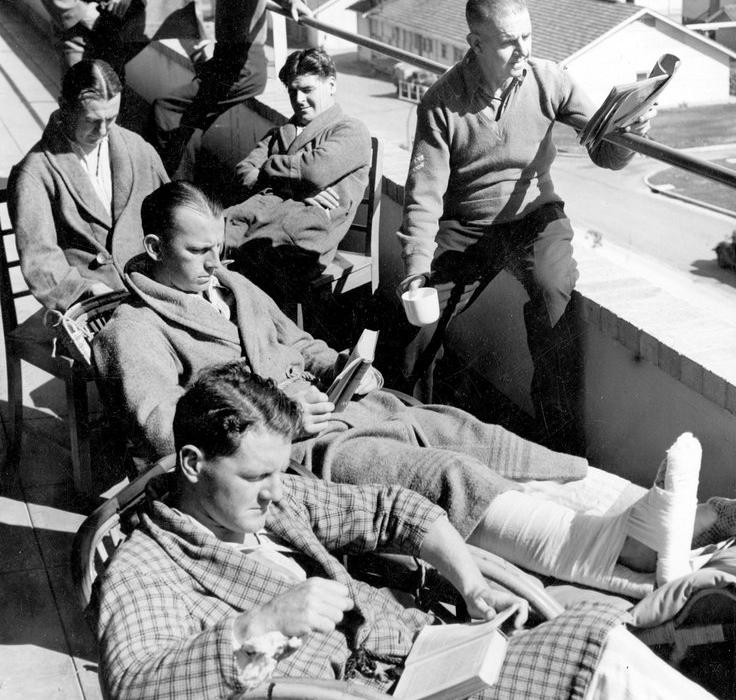Every family tree is made up of many branches; each ancestor holds their own timeline and individual story. Sometimes these stories, or part thereof, can be uncovered and we can put ‘flesh on the bones’ of an ancestor. Sometimes the stories we’re presented with when beginning a family tree can be sad, traumatic and downright confusing. But what we need to try and heed is that these stories need to be understood in context to the era and the circumstances surrounding an ancestor.
Recently we were presented with the (little) known facts about an ancestor – name, wife’s name and date of death – as well as the family lore that he was ‘not a very nice man’. A story that was kept in the back of our minds, but something we believed to be irrelevant to the overall family tree. After some thorough research we were able to form more of a story about this man who had left an impression of impending doom on his family.
In July 1940, Phillip Bourke enlisted in the Second Australian Imperial Forces (2nd AIF) after the declaration of war ten months earlier. Two months after enlisting, Private Bourke departed from Melbourne and found himself disembarking in Palestine where he was eventually stationed in Dimra, a mere 10km north-east of Gaza City. Just over a month after his arrival, Private Bourke was evacuated and admitted to the General Hospital for what was to be the first of several visits. After this first visit he was diagnosed with a post-concussion headache and sent to re-join his unit. Less than twelve months later he was re-admitted to hospital with further head injuries before eventually being assessed as ‘fit for duties other than active service…’ No doubt a disheartening experience for someone who had lied about his age on to join the Australian armed forces.
By January 1942 Private Bourke was again admitted to hospital, and this time the diagnosis was neurosis. Bourke was then classified as permanently medically unfit for service by the medical board and shortly after boarded a ship to return to Australia. Immediately upon his arrival to Melbourne he was transferred to 115 General Hospital Heidelberg and diagnosed with ‘anxiety neuroses’. More than two months later, Private Bourke was transferred to Caulfield Hospital before being discharged permanently.
The impact of warfare on servicemen and women could be detrimental to an individuals’ physical and mental health, which could, if untreated, impact upon family, friends, peers, colleagues and loved ones’ on their return home. We now know that Private Phillip Bourke’s diagnosis of ‘anxiety neuroses’ would be today classified as post-traumatic stress disorder (PTSD) and treated accordingly; at that time, it would have been known as ‘burnt-out soldier’ syndrome.
The family story of a father, grandfather and great grandfather being an angry man may have in fact been true, but the story behind that man was very different. The circumstances behind his demeanour, fits of temper and general cloudy nature had a reason, one which was likely never spoken of or explained and was also quite common for returned servicemen (and women).
Warfare varied for every participant and effected each person in differing ways, whether they be on active service or on the home front, or whether they were injured physically, mentally or remained without a scratch the effects were irreversible.
Sometimes we can’t believe everything we are told. Sometimes we can’t just judge a book by its cover.
Is there a mysterious ancestor in your tree that you would like to find out more about? Contact us today to see how we can help.
Phoebe


